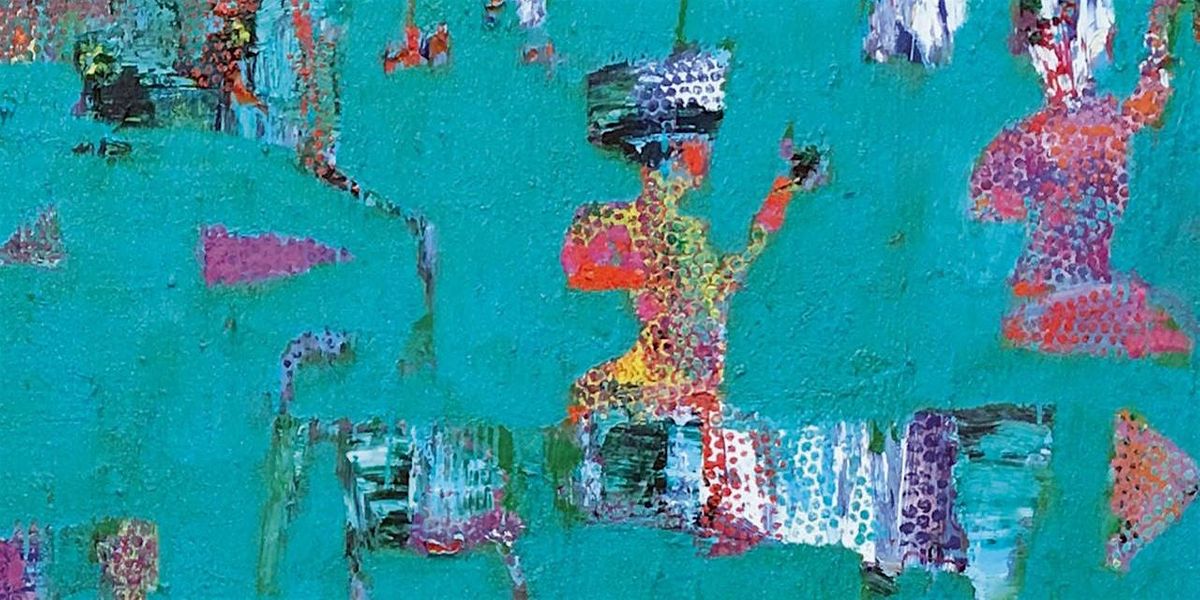
About this Event
The Society of Fellows and Heyman Center for the Humanities presents an afternoon panel featuring recent work by Julia Hartley (Edward W. Said Research Fellow, 2018), Marieke Mueller, and Robert Jackson (Edward W. Said Research Fellow, 2024).
Julia Hartley "Iran and French Orientalism"
New translations of Persian literature into French, the invention of the Aryan myth, increased travel between France and Iran, and the unveiling of artifacts from ancient Susa at the Louvre Museum are among the factors that radically altered France's perception of Iran during the long nineteenth century. And this is reflected in the literary culture of the period. In an ambitious book spanning poetry, historiography, fiction, travel-writing, ballet, opera, and marionette theatre, former visiting Edward Said Fellow Julia Hartley reveals the unique place that Iran held in the French literary imagination between 1829 and 1912. In this talk, she will be reflecting on how her recent book both builds on the paradigms first articulated by Edward Said in Orientalism, but also significantly nuances them by making a case for the cultural specificity of Iran.
Robert P. Jackson "Rethinking Trajectories of the Intellectual: Edward Said and Antonio Gramsci"
A generation has passed since Edward Said’s BBC Reith Lectures, in which he re-examined the role of the intellectual in modern society. Is an intellectual someone inclined to ask the right questions? Does that make them special? Does it set them apart from the rest of society? Said’s lectures discuss different answers to these questions by thinkers such as Antonio Gramsci and Julien Benda. For Gramsci, we are all, in a sense, intellectuals. Benda, on the other hand, saw ‘real’ intellectuals as rare, heroic individuals in pursuit of truth and justice. Said finds value in both. Placing intellectuals in a global context, he considers the tension between their cosmopolitan, universal aspirations and their roots in particular national traditions. For Said, these ‘worldly’ connections mean intellectuals always face a choice between siding with authority or advocating for the marginalized and the oppressed. In this talk, I employ Gramsci’s concept of an intellectual-‘commando’ [ardito] to consider Said’s dramatic staging of Gramsci with Benda in the context of the obstruction of forms of critical intellectuality associated with subaltern groups.
Marieke Mueller "Literature, Society, and Violence: from Jean-Paul Sartre to Edouard Louis"
In 1947, after the dramatic years in which the German occupation of France had for many presented an unequivocal ethical choice between collaboration or Resistance, Sartre proclaimed (now in-) famously the responsibility of the author. Literature, too, had a moral role to play since “to show is to change”. Without stipulating any specific political point of view that authors should embrace, Sartre argued that writing needed to address the reader in their freedom. More recently, texts by Annie Ernaux, Didier Eribon, Edouard Louis and others have mobilized an auto-socio-graphic framework that again interrogates the relationship between authorship and society, while Geoffroy de Lagasnerie’s revendication of a “literature of confrontation” is reminiscent of Sartre’s quest for writing as an appeal to freedom. This presentation traces the Sartrean heritage in contemporary auto-sociographical writing, focusing in particular on Edouard Louis’s widely read and translated work which traces the author’s experience of homophobia in working class communities in Northern France, and the social violence that shapes the lives of the members of these communities.
Speakers
Julia Hartley is a Lecturer in Comparative Literature at the University of Glasgow. She was previously Laming Fellow at the Queen’s College Oxford and Edward W. Said Visiting Fellow at Columbia University. She is the author of Reading Dante and Proust by Analogy (2019) and peer-reviewed articles in Iranian Studies and Nineteenth-Century French Studies.
Robert P. Jackson is Senior Lecturer in Political Thought at Manchester Metropolitan University (UK), and an Edward W. Said Fellow 2024 at the Heyman Center for the Humanities. He is co-editor of Revisiting Gramsci’s Notebooks (Brill) and has forthcoming articles on Said and Gramsci in Interventions and Notebooks. He co-created the Critical Theory in Hard Times network (UK), which organized recent workshops on Decolonising Critical Thought and Racial Capitalism and Anti-Racist Futures. He has published in Topoi, Theory and Event, Thesis Eleven, the International Gramsci Journal, Gramsciana, as well as in the collections Subjectivity and the Political and The Meanings of Violence (Routledge). He co-organised the Past and Present international Gramsci conference at King’s College London in 2015.
Marieke Mueller is a Lecturer in French Culture and Translation at Manchester Metropolitan University. She previously taught at King’s College London, Aberystwyth University, and the University of Oxford, where she also received her PhD on Sartre’s biography of Flaubert. She works on the intersection of theory and literature, especially existentialism and sociology, and on women’s writing and gender. She has published on approaches to reading, Sartre’s understanding of institutional violence, and on contemporary literature, especially Edouard Louis and Didier Eribon. She is currently working on a project examining the relationship between narrative and violence, for which she has received seed funding from the British Academy.
Event Venue & Nearby Stays
Heyman Center for the Humanities, East Campus Residence Hall, New York, United States
USD 0.00
